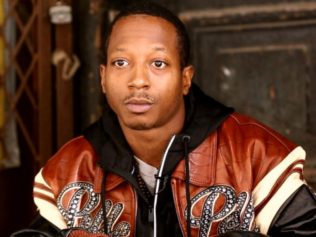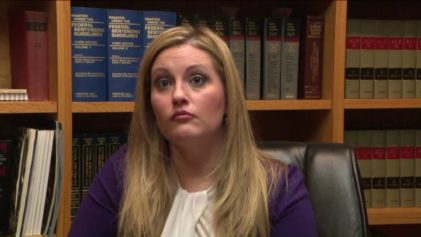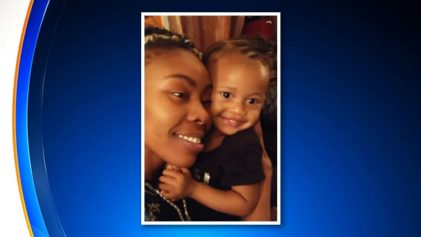New York Mayor Bill de Blasio, clearly not wanting to exacerbate the public skirmish with the police, yesterday seemed unconcerned about reports of a work stoppage by the police rank-and-file to protest his sympathy for Black people.
But in at least one high-crime community, Brooklyn’s East New York, residents weren’t sure what to think about the police slowdown in ticket writing, according to reporting by Al Jazeera America. Some experts have said the police work stoppage, ironically, was giving police department critics what they have long sought—an end to the department policy of targeting Black and Hispanic residents for low-level violations.
“By stopping so many low-level arrests and so much low-level police harassment, that may actually improve things dramatically,” Temple University historian Heather Thompson told Al Jazeera shortly after the slowdown began. “That’s what people have been calling for for a long time.”
During a press conference appearance with Commissioner William Bratton to announce a “record-breaking” decline in serious crime, de Blasio characterized two weeks of vastly decreased arrests and court summonses as a few “aberrant” days.
“I certainly don’t think a few very aberrant days suggest anything compared to what you see over the course of the whole year,” de Blasio said when asked whether police officers were ignoring low-level crimes out of fear for their safety or in protest against the mayor.
The mayor said the officers who have turned their backs on him at the two funerals for the slain officers were “disrespectful,” while Bratton called them “selfish.”
But Bratton’s public lashing of the officers raises the question of whether the commissioner is doing anything behind closed doors to stop his police force from engaging in such blatant and potentially dangerous insubordination.
“The idea of what is effectively a labor action being taken in the middle of a funeral where we’re honoring the death of two police officers—I just don’t understand it,” Bratton said. “I’m sorry—what was the need?”
In East New York, residents like Jose Rivera, 56, an immigrant from the Dominican Republic, and Mahmoud Alzandani, 34, who owns a corner bodega, said they feel less safe with the reduced police presence—which may be the police force’s desired reaction from residents of color.
“With fewer police, I feel less safe — but I haven’t seen more crime,” Rivera told Al Jazeera.
“I feel like they’re risking my life,” Alzandani said. “If they don’t want to work, they should resign.”
But Alzandani added this about the impact of the police on crime in his neighborhood:
“The police don’t come until after [a crime happens], anyway,” Alzandani said.


